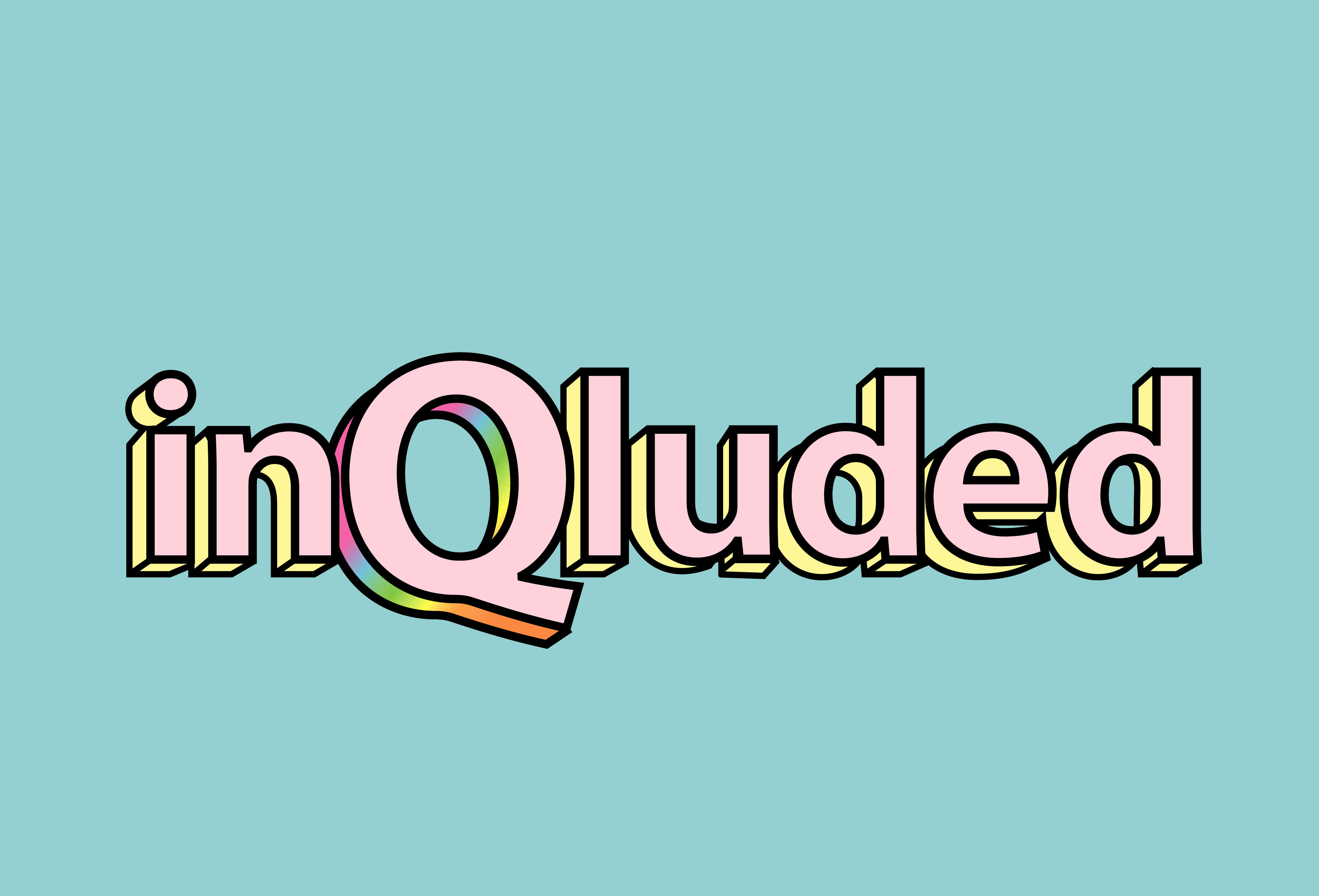This story has been updated to reflect that Jasmine Respess is not longer the poetry editor for InQluded.
This article appears in our November print issue. You can pick up a copy on newsstands around campus, or at our newsroom in room 520 in the University Center.
Creating a safe space can be a challenge. Being the creator of that space is even more challenging. medina, who does not use a last name, has spearheaded that effort with a new literary magazine, inQluded.
inQluded is an online publication that focuses on illuminating the voices of queer people of color through art and writing.
“inQluded isn’t really about highlighting “issues” that affect our community, but rather it exists to normalize our queerness, our blackness or brownness and showcase fabulous work from our queer family. Our art is our resistance,” medina, who is also the editor-in-chief of inQluded, said.
medina is a second-year MFA Creative Writing candidate at The New School with a concentration in writing for children and young adults.
medina began creating the publication when they became an Impact Entrepreneur Fellow. This fellowship is a two-year cohort experience offered at The New School for “high-potential leaders from diverse backgrounds who are committed to creating social impact through entrepreneurship while pursuing a master’s degree,” according to The New School website.
It was through this fellowship that medina realized that in the publishing world, queer people of color are undermined by their White, cisgender-heterosexual counterparts, and they sought to change this.
“The publishing world is whitewashed and profoundly cis-hetero, male-dominated and there are not enough opportunities for QTIBIPoC (queer, trans, intersex, black, indigenous, people of color) to be recognized for their talent,” medina said. “Our stories are vast and beautiful. We deserve to thrive in a world that honors and respects who we are.”
inQluded’s mission statement is “to create a youth-led safe space that honors and celebrates the narratives of underrepresented voices of QTIBIPoC youth and to empower, inspire, and cultivate new generations of creatives.”
inQluded has a variety of avenues to choose from in terms of submitting original work, whether you’re a writer or an artist. InQluded serves as a community and as a safe space for queer people of color. It encourages you to submit your best work.
According to their submission guidelines, which are very clear, “We are a platform for QTIBIPoC youth (queer, trans & intersex Black, Indigenous & persons of color), therefore we only publish work by youth and people in the QTIBIPoC community.”
Stephanie Gaitan, a former contributor, was immediately drawn to inQluded because of its strong message of promoting the voices of queer people of color.
“I love inQluded’s name. Love the clever use of the ‘Q;’ InQluded is special in how it not only amplifies QTPOC voices but in its strive to identify and define the structures that are oppressing QTPOC,” Gaitan said.
So far, inQluded has published three issues, which are all available for purchase on their website. Each issue focuses on a different theme, with an array of artwork to represent the common theme. In past issues, inQluded has focused on themes such as ‘Home,’ ‘Here to Stay,’ and ‘Break Binaries.’
Like many publications, there are hurdles that contributors and editors at inQluded have had to overcome. Whether it be securing funding or selecting which works will be featured, inQluded ultimately prides itself on their open-minded selection process.
“Like any literary magazine, we have an editorial team that accepts or declines work. We run issues thematically and quarterly so the editorial process from pre-publication to publication happens rather quickly,” medina said.
The most important thing when deciding what gets published, according to Jasmine Respess, the former poetry editor of inQluded, is to amplify voices such as those who identify as Black or Indigenous, voices that traditionally don’t get a space in the publishing world.
“These are the voices we want to bring to the forefront. And we hope that if you are one of these people of color you’re with it; it’s more of prioritization of works by certain groups of color whose work tends to be pushed back more than others,” Respess said.
inQluded ultimately serves as a safe space for queer people of color who traditionally don’t have access to a common safe space. It ultimately serves as a playground for people with a common identity to come together and build a community where their voices can be heard and celebrated.
“I think through various forms of writing or art, we give ourselves permission to exist beyond this preconceived notion that queerness equals trauma,” medina said. “Humanhood has trauma, but we are more than our trauma.”







